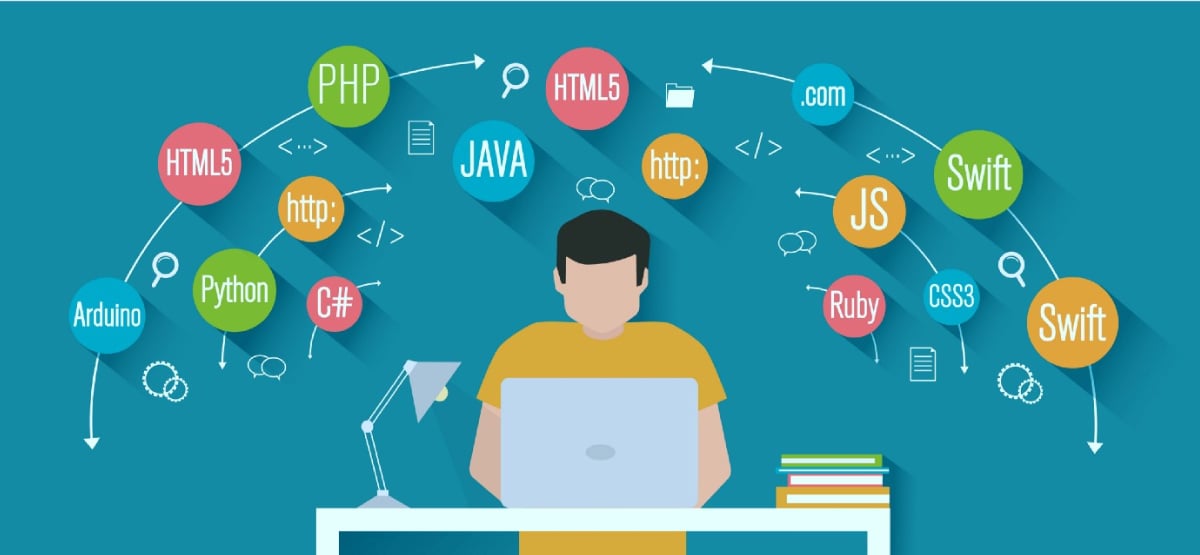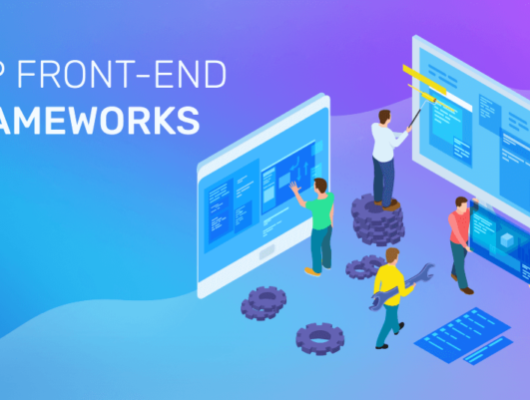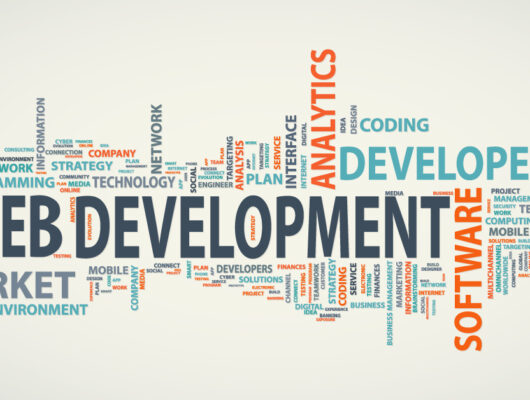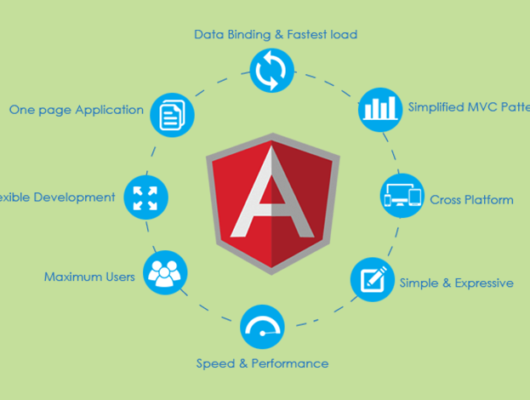Start Coding & Learning coding stands as an invaluable skill set. Exploring the essentials of commencing this journey is pivotal. If your quest involves ‘how to learn coding,’ it likely signifies an aspiration for career advancement or honing additional competencies in the realm of computer programming.

What is coding?
Coding involves utilizing programming languages to provide commands to a computer. These commands are instrumental in operating the websites, software, and applications used in daily life.
Why learn to code?
Before embarking on your initial lesson, consider your motivation for learning to code. This step assists in selecting your first programming language, defining project goals, and shaping the outcome of your newfound skills.
Benefits of Coding :
- Coding helps build professional skills.
- Coding can help you earn more.
- Coding lets you create things.
- Coding can help you better understand the world around you.
- Coding is fun.
“Understanding the benefits of coding is crucial: it nurtures professional skills and offers a competitive edge in today’s tech-driven job market. As technology integrates deeper into various professions, coding proficiency becomes an invaluable asset. Whether shifting career paths or enhancing existing roles, familiarity with programming languages is increasingly necessary.
This expertise extends beyond developers, encompassing web designers, project managers, and even website owners seeking to grasp front-end languages. Coding experience showcases problem-solving abilities and a grasp of technical concepts, valuable across diverse roles.
Moreover, coding proficiency often correlates with higher earnings, with entry-level programmer salaries exceeding the average considerably. As one delves deeper into coding, specialization often leads to lucrative opportunities, especially for developers with in-depth knowledge of specific programming languages.
The allure of coding lies not only in financial prospects but in its capacity to bring ideas to life. Coding empowers individuals to materialize concepts, be it websites, applications, or games, fostering a sense of achievement and the ability to contribute to the tech landscape.
Beyond the tangible outcomes, coding illuminates the technological landscape, offering a deeper understanding of the interconnected world of technology. It also presents an enjoyable learning experience, transforming the learning process into an engaging endeavor, crucial for pursuing coding as a career.”
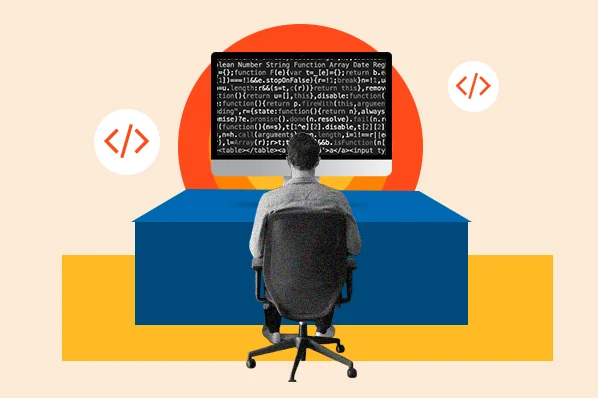
How to Start Coding :
- Figure out why you want to learn to code.
- Choose which coding language you want to learn first.
- Take online courses. Watch video tutorials.
- Read books and ebooks.
- Use tools that make learning to code easier.
- Check out how other people code. Complete coding projects.
- Find a mentor and a community.
- Consider enrolling in a coding boot camp.
- Starting your coding journey involves key steps:
Starting your coding journey involves key steps:
Absolutely, I can help rephrase the information for you:
- Understand Your Motivation: Before starting to code, it’s crucial to define your reasons. Whether it’s problem-solving, website creation, or venturing into a tech career, a clear goal will steer your learning path.
- Pick Your First Language: Choosing the right programming language matters. Beginners often find Python versatile, while HTML/CSS is great for web development, aligning with your goals.
- Explore Online Resources: Access beginner-friendly online courses and video tutorials. Platforms like Codecademy and Coursera offer structured learning, while YouTube hosts diverse tutorial content.
- Dive into Books and E-books: Supplement your learning with coding literature. Books and e-books provide deeper insights and serve as valuable references for grasping coding concepts.
- Utilize Learning Tools: Make use of coding tools and platforms that simplify learning. Integrated development environments (IDEs) such as Visual Studio Code and online coding environments aid practice.
- Study Existing Code: Analyze code samples on repositories like GitHub. Reviewing others’ code helps understand different approaches and coding best practices.
- Complete Projects: Apply what you learn by working on coding projects. Start small and gradually tackle more complex tasks to reinforce your skills.
- Seek Guidance and Community: Connect with mentors or join coding communities like Stack Overflow or GitHub. Engaging with experienced individuals facilitates learning through advice and collaboration.
- Consider Bootcamps: Explore coding boot camps for immersive learning experiences. These programs offer structured curriculums, hands-on projects, and mentorship for rapid skill development.
- Clarify Your Motivation: Understand why you want to learn coding. Whether it’s for a career change, enhancing skills, or pursuing a passion project, defining your purpose will guide your learning path.
- Select Your First Language: Choose the programming language aligned with your goals. Research and consider languages like Python for versatility or JavaScript for web development.
- Leverage Online Resources: Access online courses, video tutorials, and e-books tailored to beginners. These resources offer structured learning and practical insights into coding fundamentals.
- Utilize Learning Tools: Explore coding platforms and tools designed to simplify the learning process. Code editors, interactive coding environments, and online exercises aid comprehension.
- Study Others’ Code: Reviewing existing code helps grasp different approaches and techniques. Engage in coding projects to apply theoretical knowledge to practical scenarios.
- Seek Support: Find a mentor or join communities where you can seek guidance, share experiences, and collaborate on coding challenges. Their insights can accelerate your learning curve.
- Consider Bootcamps: Evaluate coding boot camps for immersive, intensive learning experiences. These programs offer structured curriculums and mentorship, accelerating skill acquisition.


